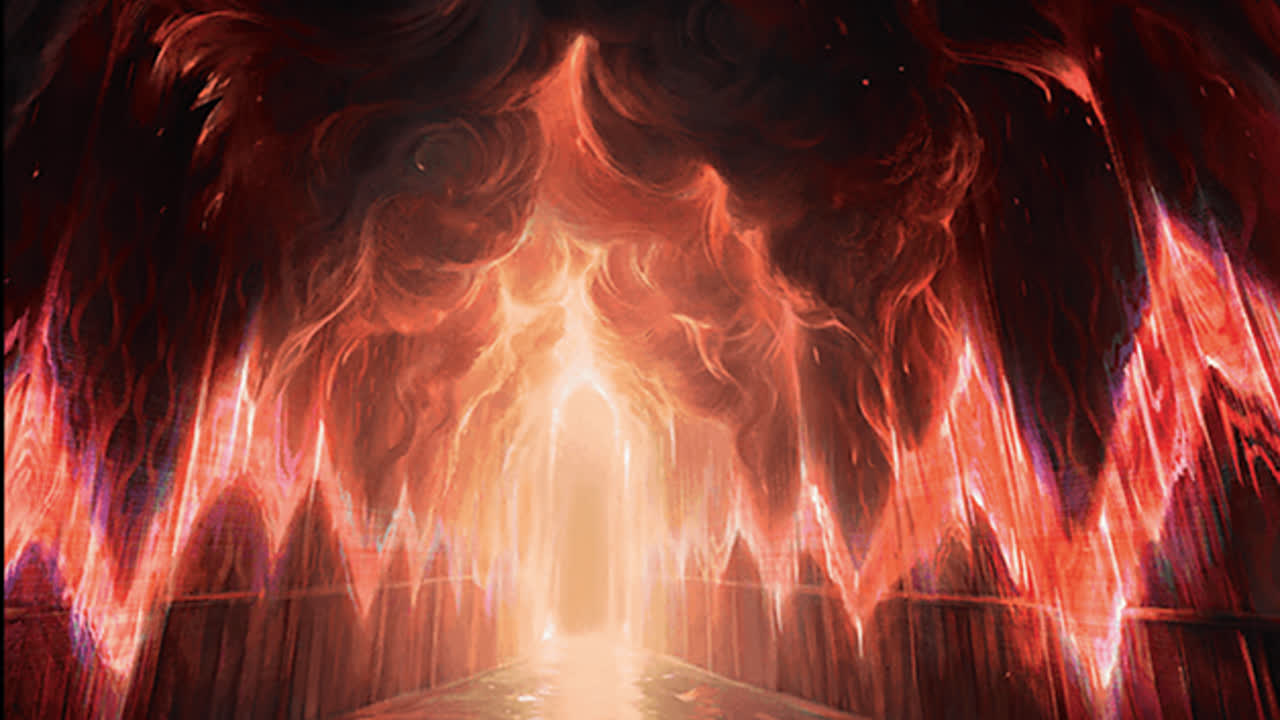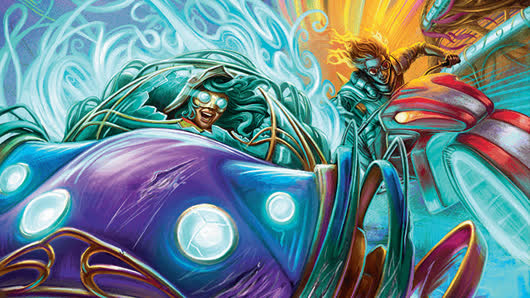On October 22, 2024 Wizards of the Coast has anticipated its ban list (which was actually due to arrive on December 16) to announce that:
- Leyline of Resonance is banned in MTG Arena Standard Best-of-One Constructed formats. It is not banned in Traditional Standard (Best-of-Three), Limited formats (Draft/Sealed), or special formats;
- Leyline of Resonance is suspended in MTG Arena Alchemy Best-of-One and Best-of-Three Constructed formats, pending a rebalance.
What are the reasons for this ban and why it happened so quickly?
To answer this question, I think we have to start from a distance. The first thing we must remember is that Magic is first and foremost a game and in games the most important thing is that ALL players have a chance to enjoy it and have fun. The final result (victory or defeat) should, at least in theory, come after the fun and not be the starting point of our decisions. The main reason why all of us Magic players have taken to the game and continued to play it over the years is because of the fun it has been able to provide. Certainly over the years we have seen big and important changes that have been received differently by each of us but what is certain is that one thing has remained unchanged: we enjoy playing Magic. Maybe some nostalgic (me included) preferred slower formats like those we were used to years ago but at the same time we have to accept the change that has occurred over the years to this game.
MTG Arena has revolutionized the way you play Magic:
-
It has given everyone the opportunity to approach for free a game that for many could be prohibitive;
- It has given new life from a graphic point of view to the digital alternatives already available in the market until its release;
- Opened up new competitive game possibilities;
- Introduced the best of one mode that had never existed in Magic before;
- Created new formats increasing the range of formats available to players;
-
Offered the chance to play against anyone and anywhere.
The best of one was from the very beginning a mode that Wizards of the Coast wanted to focus on. In fact, some of the first competitive events related to MTG Arena also included rounds in this mode. New players still approach the client by playing mostly best of one for several reasons: the most important are probably the chance to farm more efficiently and a less difficulty in playing the game as there is no need to know how to use the sideboard correctly.
The best of one mode is also much more suitable to quick matches and in general to an audience that does not have a lot of time or desire to play particularly long games.
It’s the combination of a fast and fun game that is crucial for Wizards of the Coast:" What’s critical is that it be fast and fun for both players involved" are the words used in their Ban Announcement.
Going back to where we started, it’s clear that speed of games should not conflict with fun for both players. Leyline of Resonance was going to undermine the fun of both players by making the format too fast.
This is a very delicate point and can be misleading: the speed of the format was not defined by the strength of the decks that used the Leyline as much by the high presence of those decks in the format itself and their INSTABILITY. Instability I think should be the key concept that must pass from the ban: the decks that had access to the Leyline were highly unstable and were able to create games tremendously fast not because of their power level but precisely because of their high instability. This generated victories and even losses too fast for those who used them, going to make the two players' fun more and more difficult. Winning or losing a game in a non-eternal format within 2 or 3 turns is definitely not fun and/or interactive.
What effect will this ban have on the best of one of MTG Arena?
I do not think that this question is very easy to answer but at the same time I believe it is very important to think about the scenarios that may arise from this decision.
Only in 2019, with the ban of Nexus of Fate, we had a ban list dedicated exclusively to the best of one. At that time the client did not have all the functions now available and even the timers of the two players were absent: the games could last indefinitely and this was exactly what happened with Nexus of Fate.
Similarly, to quote the words used in the ban announcement: “Leyline of Resonance has made gameplay unfun by … making it so there isn't much "playing" involved. Either folks playing Leyline of Resonance decks concede with their initial hand because they're dissatisfied with the draw and are unable to mulligan down to a winning solution, or they win within the first few turns of play.”
Both cards created, albeit differently, non-interactive situations where the win was not strongly and mainly influenced by the players' plays as much as by creating a loop or having a good starting hand. To quote again Wizards of the Coast: “The number of Best-of-One Standard Constructed games ending before turn four has essentially doubled since the release of Duskmourn: House of Horror. That number has remained consistent in the weeks since release”.
Personally I think it’s time to have separate banlists for the best of one and the best of three as formats have different speeds and ways to interact with certain strategies.
I think the best of one needs more (and more frequent) checks in all formats available on arena.
Conclusions
The ban was definitely necessary and I was pleasantly surprised by how quickly it happened. I think that this time, more than many others, Wizards of the Coast really wanted to preserve the fun of the players also at the expense of their economic interests and it is certainly to be admired. I hope that in the future the best of one can offer a healthier and more pleasant environment for all players. This ban was certainly a good first (or second) step in this direction.







